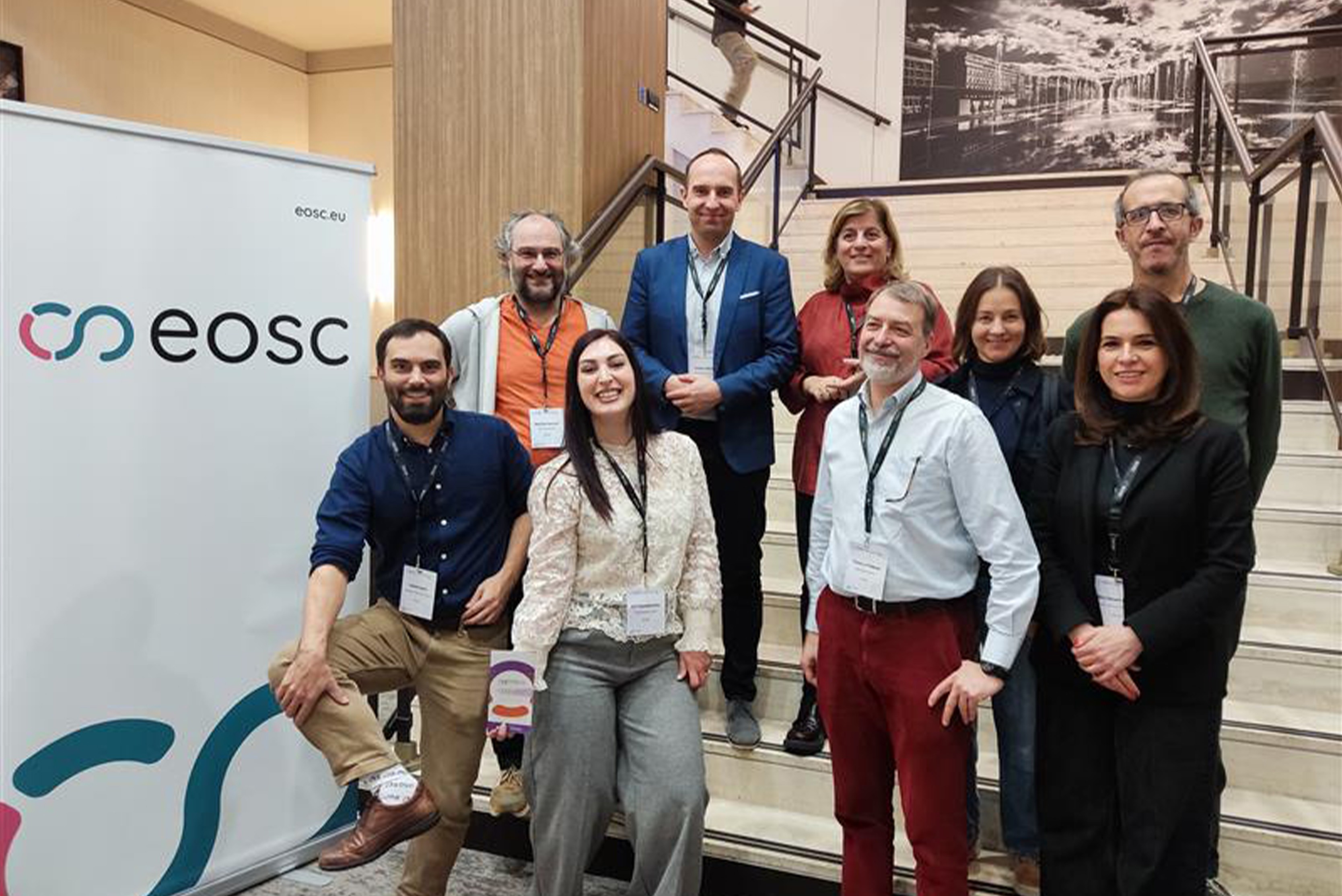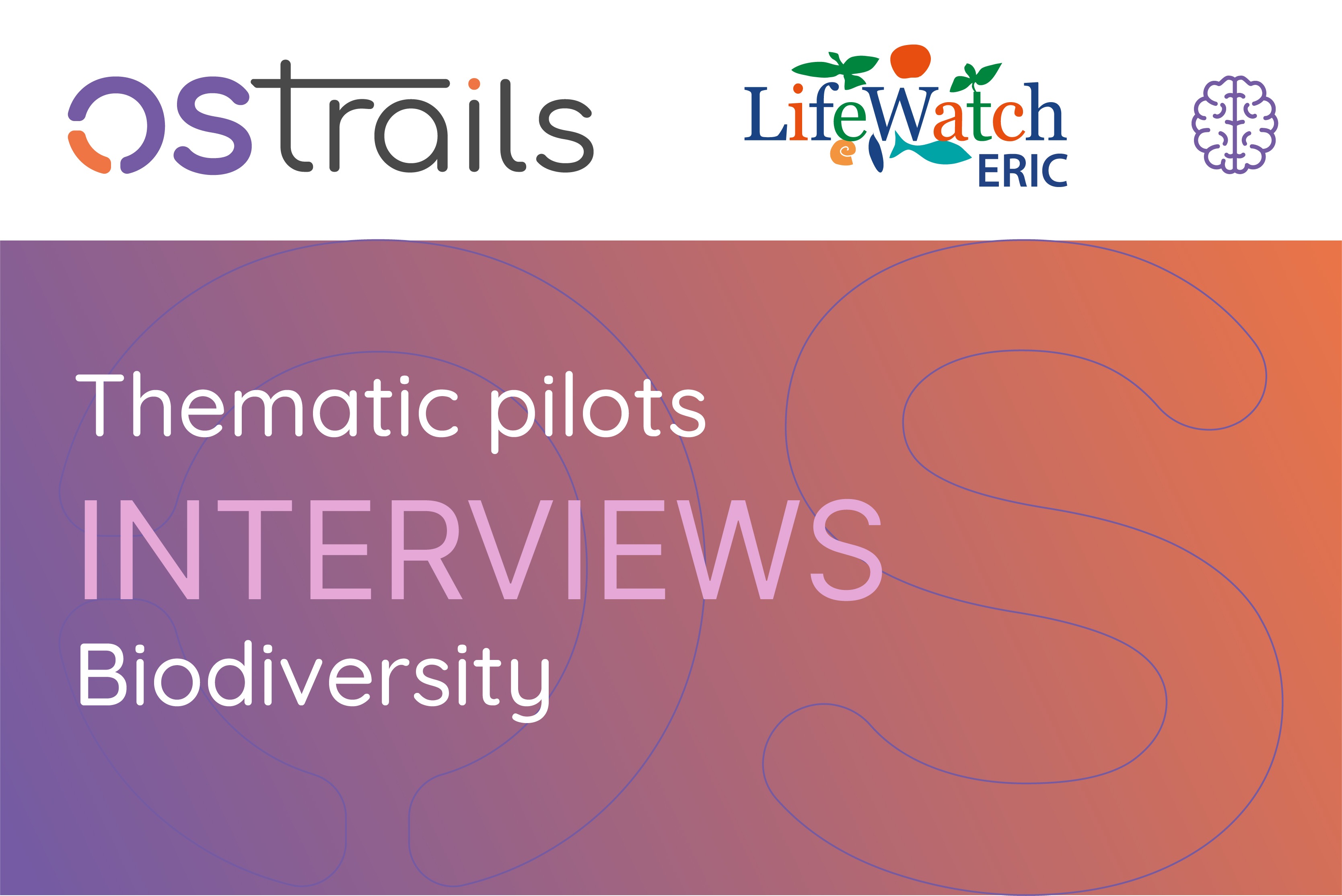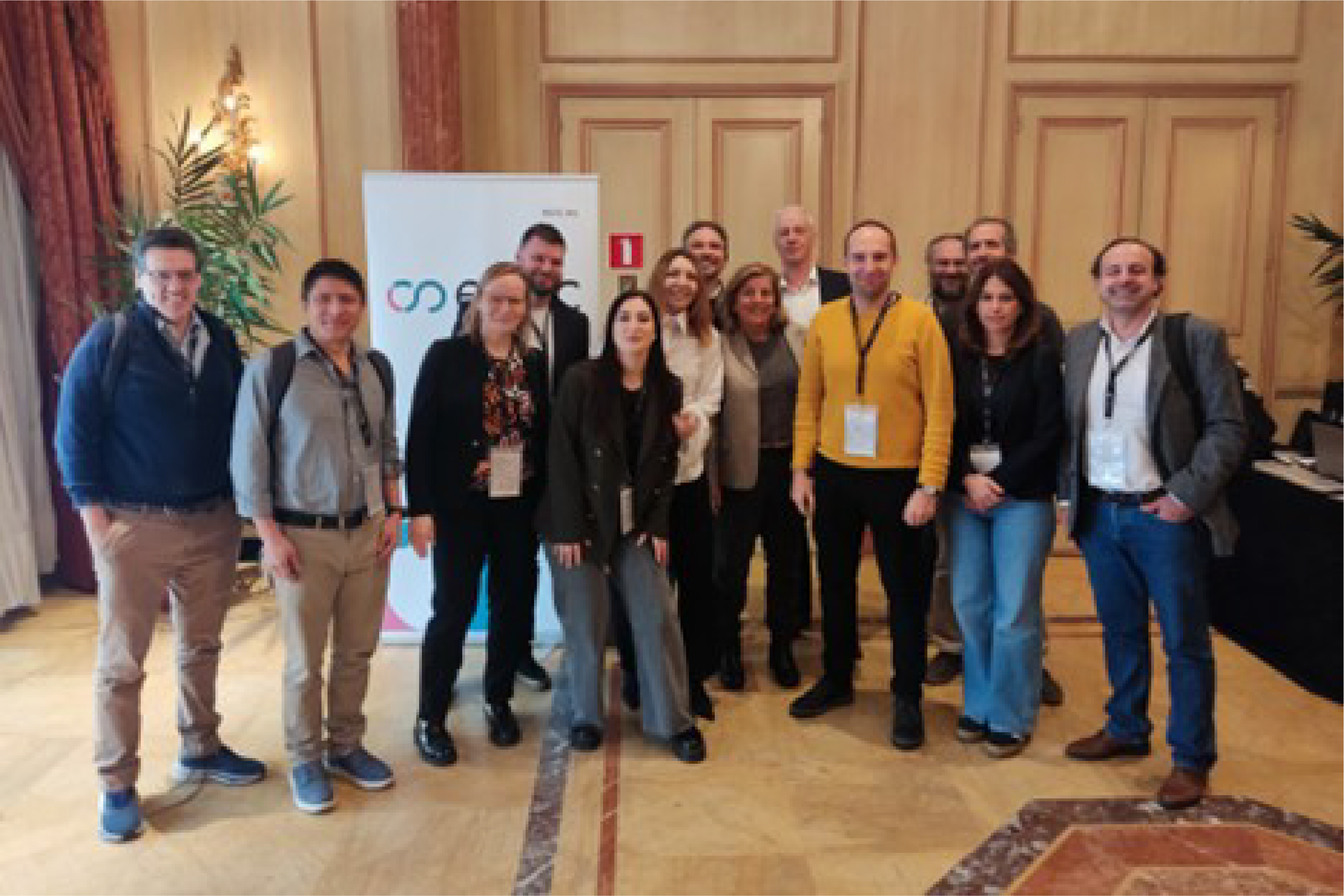Thematic Pilot Interview: Social Sciences & Humanities
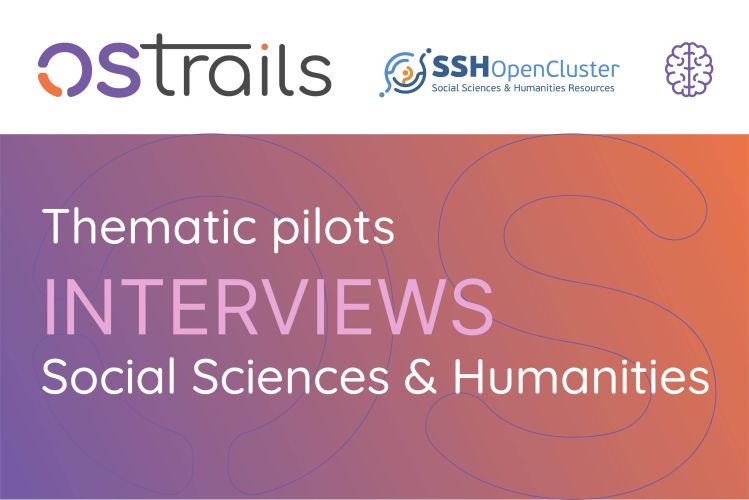
Read the Inteview with the Social Sciences & Humanities Thamatic Pilot to discover the latest updates on OSTrails pilot studies. Explore their progress in integrating open science principles and advancing research assessment. This month we had the pleasure of speaking with Michael Kurzmeier from Digital Research Infrastructure for the Arts and Humanities (DARIAH).
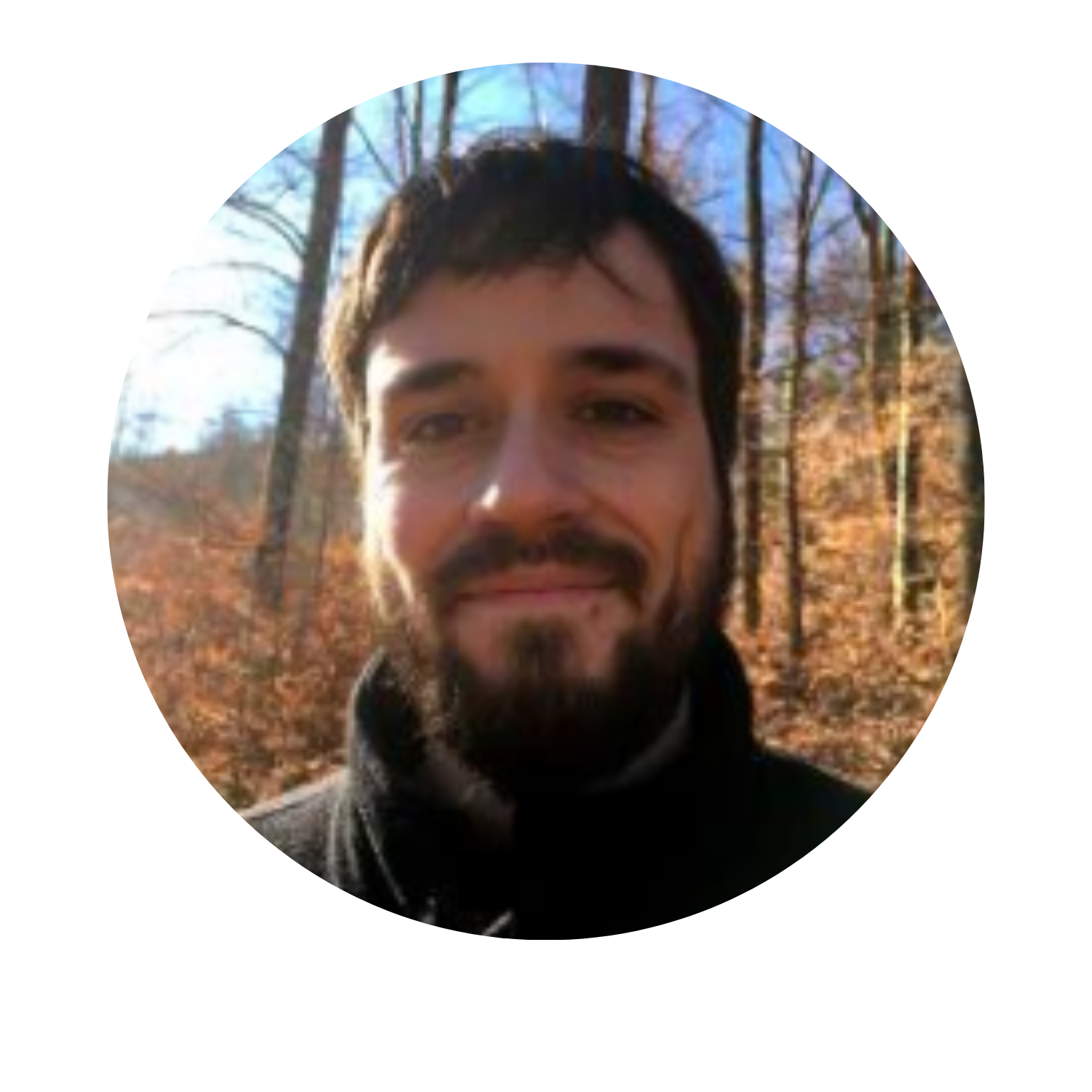 |
| - Michael Kurzmeier |
"Curation is an ongoing effort in the SSH Open Marketplace. Being able to exchange data with other SKGs through a common interoperability framework, will help keep records up to date and make it easier for users to bring their research outputs into the Marketplace."
-Can you briefly introduce your organisation? How do they contribute to EOSC?
The creation of the SSH Open Marketplace was funded by the Social Sciences and Humanities Open Cloud (SSHOC) project, which aimed to integrate and consolidate thematic e-infrastructure platforms in preparation for connecting them to the European Open Science Cloud (EOSC). The overall objective of the SSHOC project was to establish the Social Sciences and Humanities segment of EOSC.
As a domain-specific discovery portal and the aggregator of the SSHOC project, the SSH Open Marketplace directly contributes to EOSC by supplementing existing services like the EOSC Resource Hub. It facilitates the seamless exchange of tools, services, data, and knowledge within the research community.
-What are you most excited about in OSTrails? What are you looking forward to?
One of our ongoing tasks in the SSH Open Marketplace is integrating new data sources. Given the differences in how data is handled by each source, we often need to map the source data model to our own. Additionally, when different vocabularies are used, we must address compatibility issues.
With OSTrails introducing a common Scientific Knowledge Graph (SKG) interoperability format, we anticipate a significant reduction in the need for custom ingest pipelines. This commonality will streamline the integration process and allow us to enrich existing entries by querying other SKGs for missing information.
-How is planning, tracking and assessing research being realised in your scientific domain?
The SSH Open Marketplace is a community-driven discovery portal where researchers can create metadata entries for tools, services, training materials, data sources, publications, and workflows. The workflows enable the detailed description of research processes, linking tools, data sources, training materials, and publications to create a comprehensive view of the research journey.
Items can have relationships with one another, enabling users to discover unexpected connections between resources and fostering opportunities for serendipitous insights. These relationships contribute to a richer and more interconnected research environment, ultimately enhancing the visibility and accessibility of various tools, services, and data.
Curation is a collaborative effort managed by the editorial board and the curation task force. The editorial board oversees the overall strategy and ensures content quality, while the curation task force actively curates new entries, maintains metadata accuracy, and ensures that the resources in the marketplace are up-to-date and relevant to the community.
Because the SSH Open Marketplace brings together diverse resources from the SSH domain and offers a public API endpoint, it is used to track research outputs and act as a single source of truth for various projects such as Text+ who use the Marketplace AP for provision and maintenance of services.
-Can you provide some details on your pilot's main actors, services and priorities? How will your pilot adopt the results of OSTrails?
The Austrian Centre for Digital Humanities and Cultural Heritage (ACDH-CH) of the Austrian Academy of Sciences (OeAW) hosts and maintains the service. Matej Ďurčo coordinates efforts from the ACDH-CH team, with Stefan Probst acting as the front-end developer, and Dalibor Pančić handling Marketplace deployment. The Poznan Supercomputing and Networking Center (PSNC), affiliated with the Institute of Bioorganic Chemistry of the Polish Academy of Sciences, provides the data ingestion pipeline and maintains the service. Tomasz Parkoła is responsible for maintaining the back-end code, while Aleksandra Nowak serves as the lead developer of the DACE ingestion pipeline. The curation team includes Klaus Illmayer (OeAW), Alex König (Clarin), Cesare Concordia (ISTI-CNR), Laure Barbot (DARIAH) and Michael Kurzmeier. Regarding the adoption of OSTrails' results, we will integrate the interoperability framework into our processes. Ideally, this will allow us to easily connect to new sources and help users autofill most of the fields when creating a new entry.
-Ongoing activities and Next Steps?
Currently, we are focused on expanding our data sources and refining our integration processes. Our next steps include aligning our infrastructure with the SKG interoperability standards introduced by OSTrails, which will help us to facilitate smoother data ingestion and improved metadata enrichment for our users. We look forward to learning about OSTrails interoperability framework to be ready to start our integrations with other tools as soon as it becomes available.

